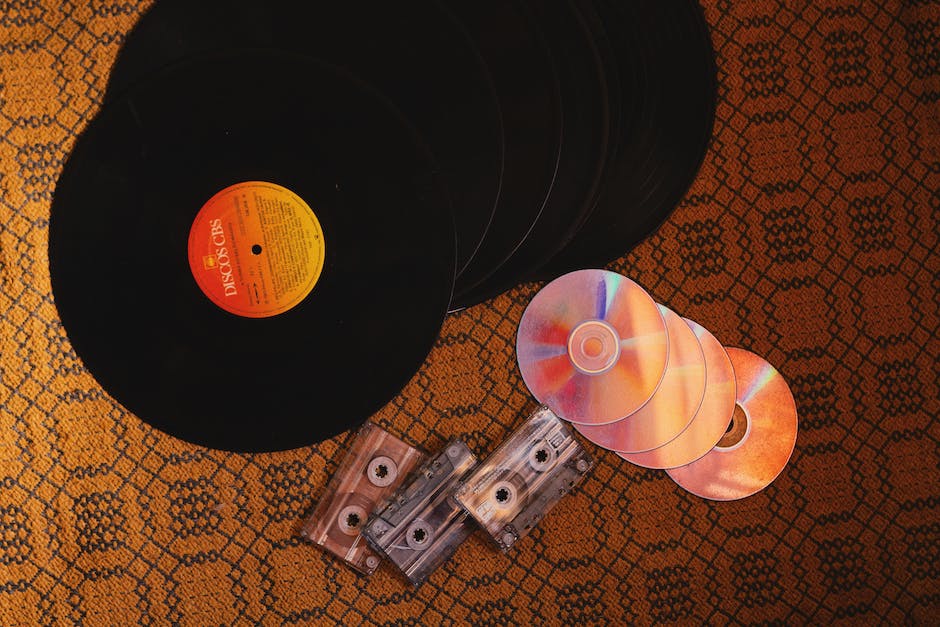A herniated disc can cause a lot of severe and debilitating pain, but there may be hope for those affected. Understanding whether or not herniated discs can heal on their own is an important part of knowing what treatment options are available in order to find relief.
What is a Herniated Disc?
Put simply, a herniated disc is when a piece of the disc between vertebrae in your spine has become worn down and moved out of place, causing pain and pressure. The disc provides cushioning between the vertebrae and absorbs shock, so this pain can be very intense. It can cause numbness, weakness, and tingling in the back, arms, and legs.
What Causes a Herniated Disc?
The most common cause of a herniated disc is age; as people get older, their discs naturally wear down. Other causes include lifting heavy objects improperly, sports injuries, and car accidents. Some people are simply born with a predisposition to herniated discs.
Can a Herniated Disc Heal on its Own?
In most cases, yes. The body is naturally capable of healing itself, so if the herniated disc is not particularly severe, the body can repair it. However, if it does not heal on its own, there are several treatment options available, depending on the severity of the herniation.
How Can a Herniated Disc be Treated?
The most common treatment for a herniated disc is medication, either oral or injected. Physical therapy can also be used to increase mobility and strength in the area to prevent further herniation. In some cases, surgery may be necessary.
What Can You do at Home to Treat a Herniated Disc?
If the herniation is not particularly severe, there are some things you can do at home in order to find relief. Gentle stretching, yoga, and warm baths can all help to reduce pain and tension. It’s also important to maintain good posture at all times and to get plenty of rest.
Are There Any Complications Associated with a Herniated Disc?
Potentially, yes. If left untreated, a herniated disc can cause further damage to the spinal cord. This can lead to a loss of feeling in the limbs, as well as permanent nerve damage.
What Lifestyle Changes can Help Prevent a Herniated Disc?
Although it cannot be prevented altogether, there are some lifestyle changes that can help to reduce your risk of herniating a disc. Exercising regularly, quitting smoking, and maintaining a healthy weight can all help to reduce your risk.
People Also Ask
How do Herniated Discs Occur?
Herniated discs occur when the disc between the vertebrae in the spine becomes worn down and moves out of position. This can occur naturally as someone ages, or due to heavy lifting, sports injuries, and car accidents.
What Does a Herniated Disc Feel Like?
Typically, a herniated disc will cause pain, numbness, and tingling in the back, arms, and legs. It can also cause weakness and loss of feeling in the limbs.
Are Herniated Discs Serious?
A herniated disc can be very serious if it is left untreated, as it can cause further damage to the spinal cord. It is important to take action right away if you experience any of the symptoms of a herniated disc in order to avoid any serious complications.
Can You Exercise with a Herniated Disc?
Yes, but it is important to talk to your doctor first. Gentle stretching and yoga can help to reduce pain and discomfort, but strenuous activity should be avoided if the herniation is severe.
How Long Does it Take for a Herniated Disc to Heal?
The healing process depends on how severe the herniation is, but it usually takes a few weeks to a few months to heal on its own. If it does not heal on its own, there are other treatment options available.
Final Words
A herniated disc can be very painful and debilitating, but understanding whether it can heal itself is an important part of seeking treatment. While there is no guaranteed cure for a herniated disc, there are several steps that can be taken in order to find relief and prevent further damage.

